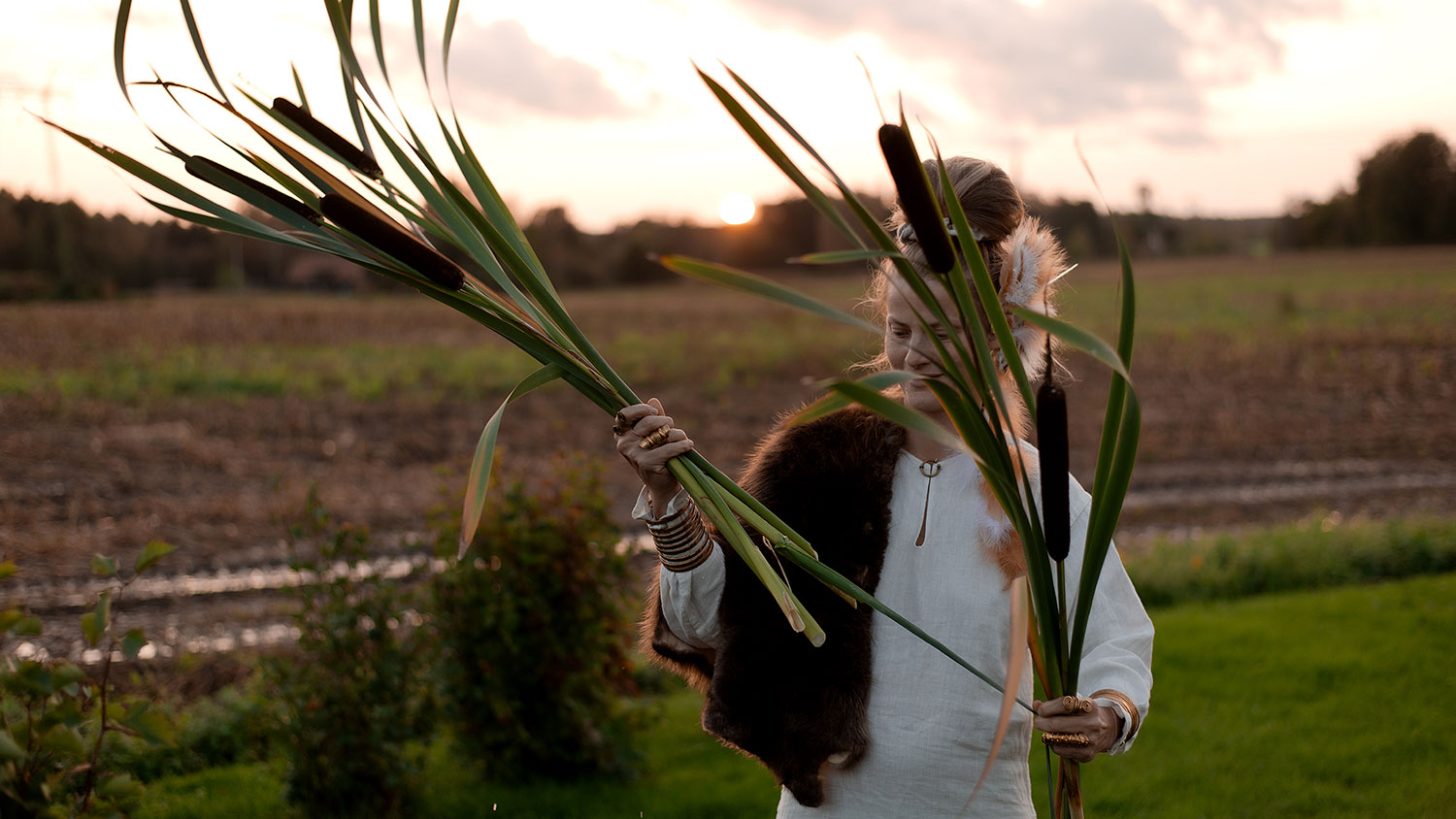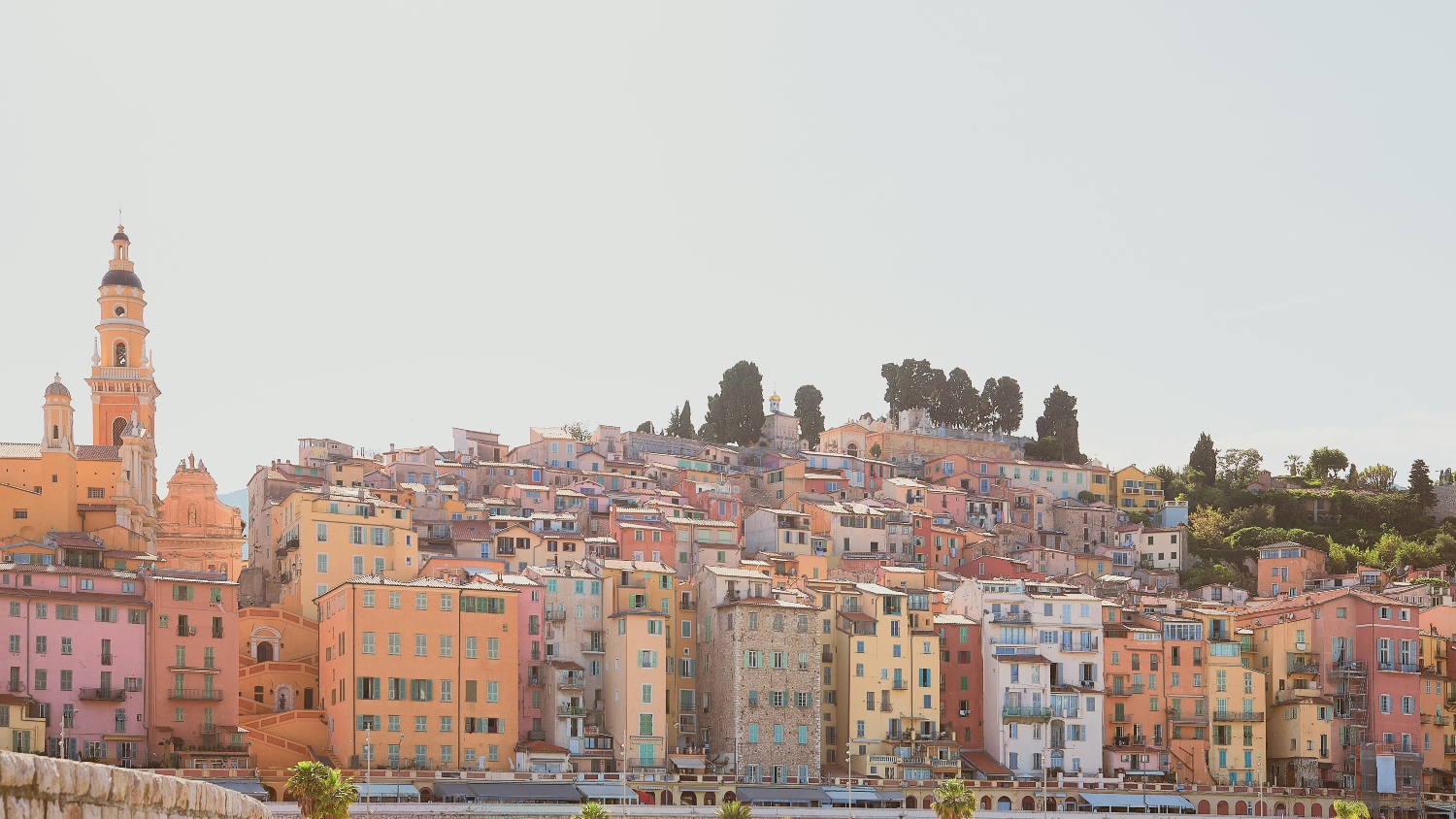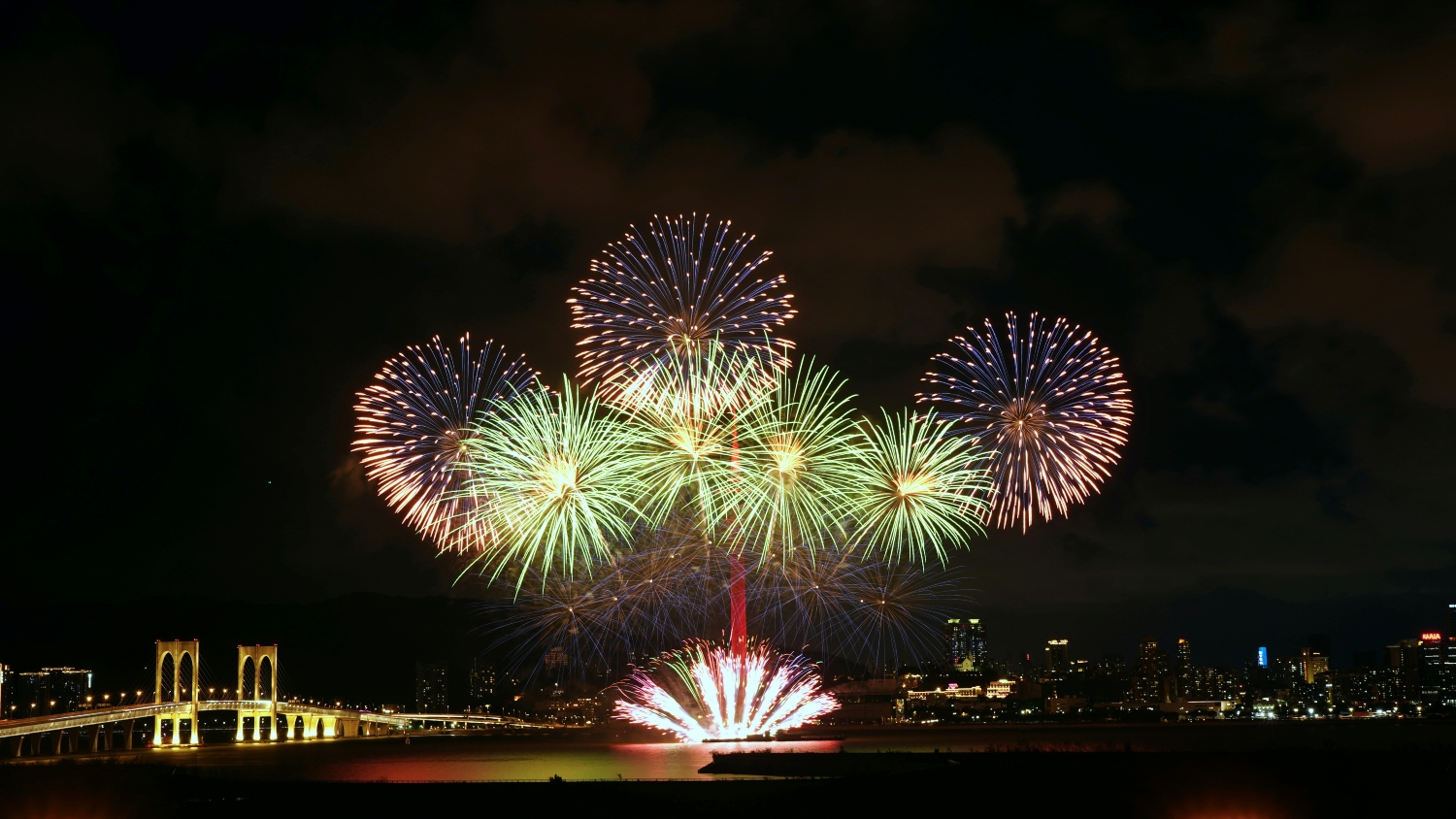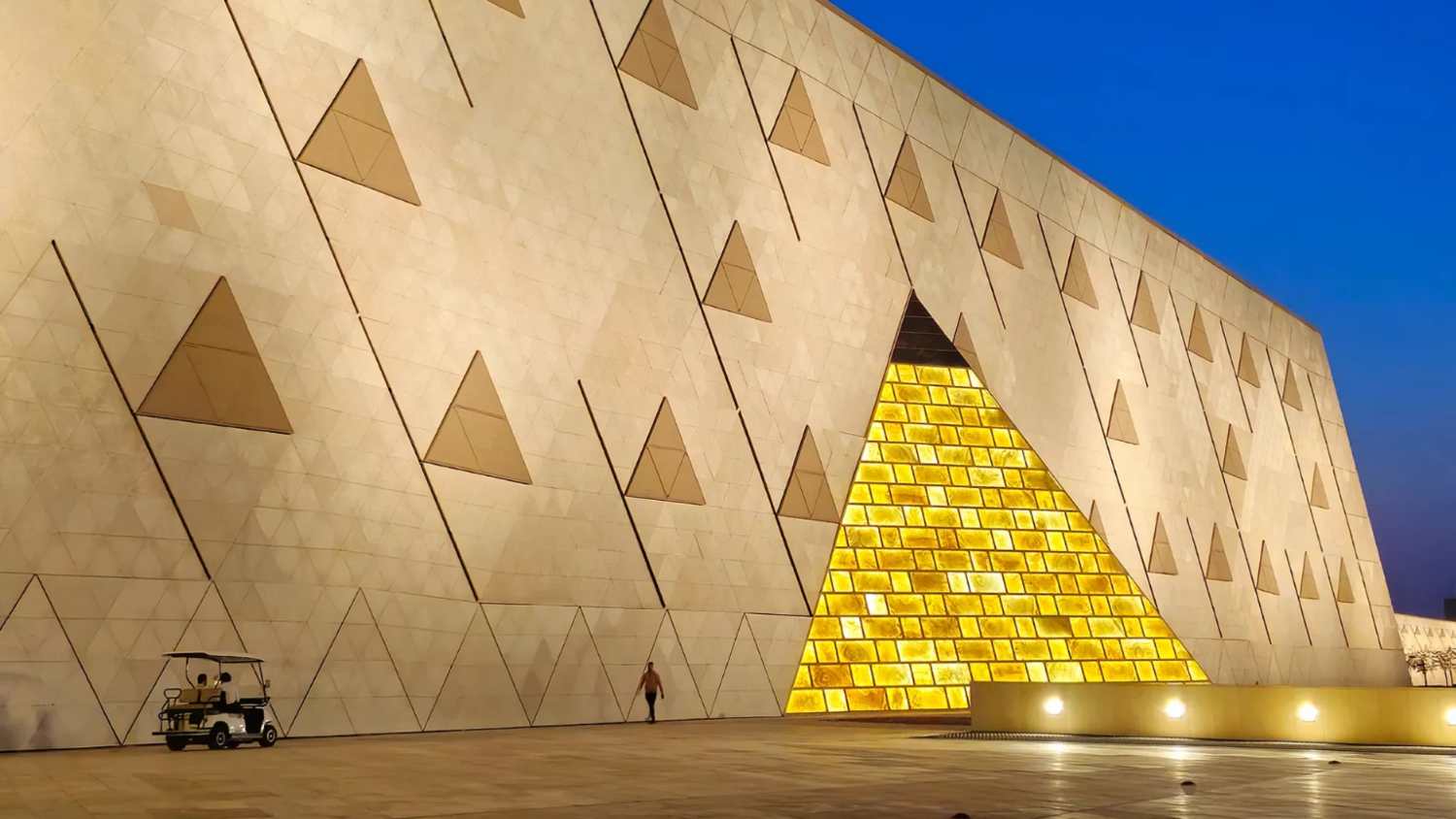Harvest festivals are some of the most vibrant and culturally-rich celebrations out there. At different times throughout the year, people gather worldwide to commemorate the bounty of the earth and the hard work of farmers depending on their geographical locale and the main harvest of their particular region.
From the rice paddies of Asia to the vineyards of Europe, harvest festivals bring communities together to give thanks, indulge in various traditional foods, and partake in age-old customs, with some celebrations lasting up to a week. Here are eight harvest festivals around the world that offer a glimpse into different cultures and their relationship with the land.
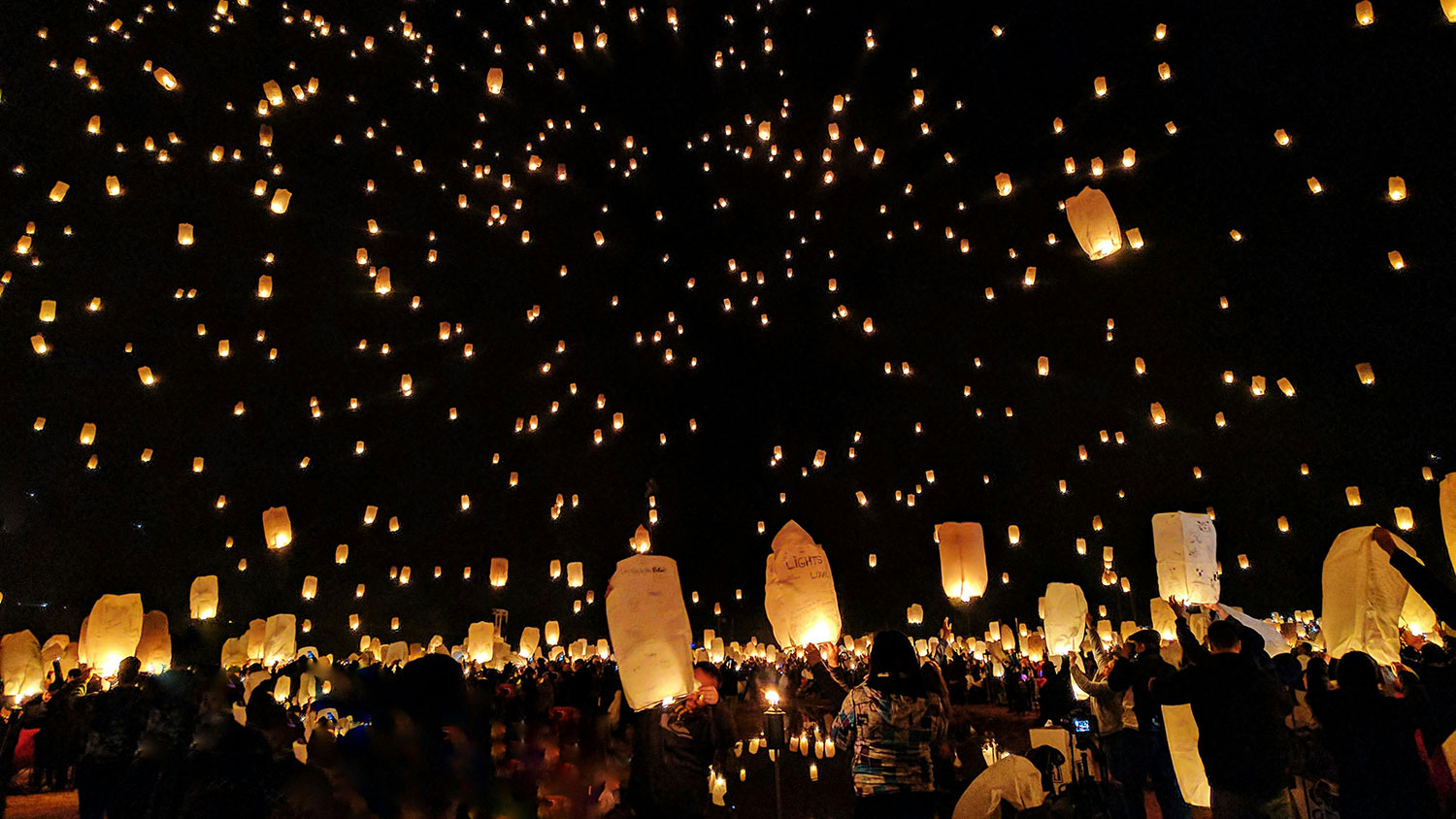
Mid-Autumn Festival, China
Also known as the Mooncake Festival, the Mid-Autumn Festival falls on the 15th day of the 8th lunar month of the Chinese calendar, usually in September or October. It honours the goddess of the moon Chang’e and the autumn harvest, with families convening to enjoy mooncakes – a Chinese pastry filled with sweet and savoury filling, and to appreciate the full moon. The festivities are usually enriched with lantern parades, dragon dances, and folk stories. Besides Greater China, the Festival is also celebrated by Chinese communities around the world including Taiwan, Korea, Japan, Singapore, Vietnam, Cambodia, Malaysia, Indonesia, and Thailand.
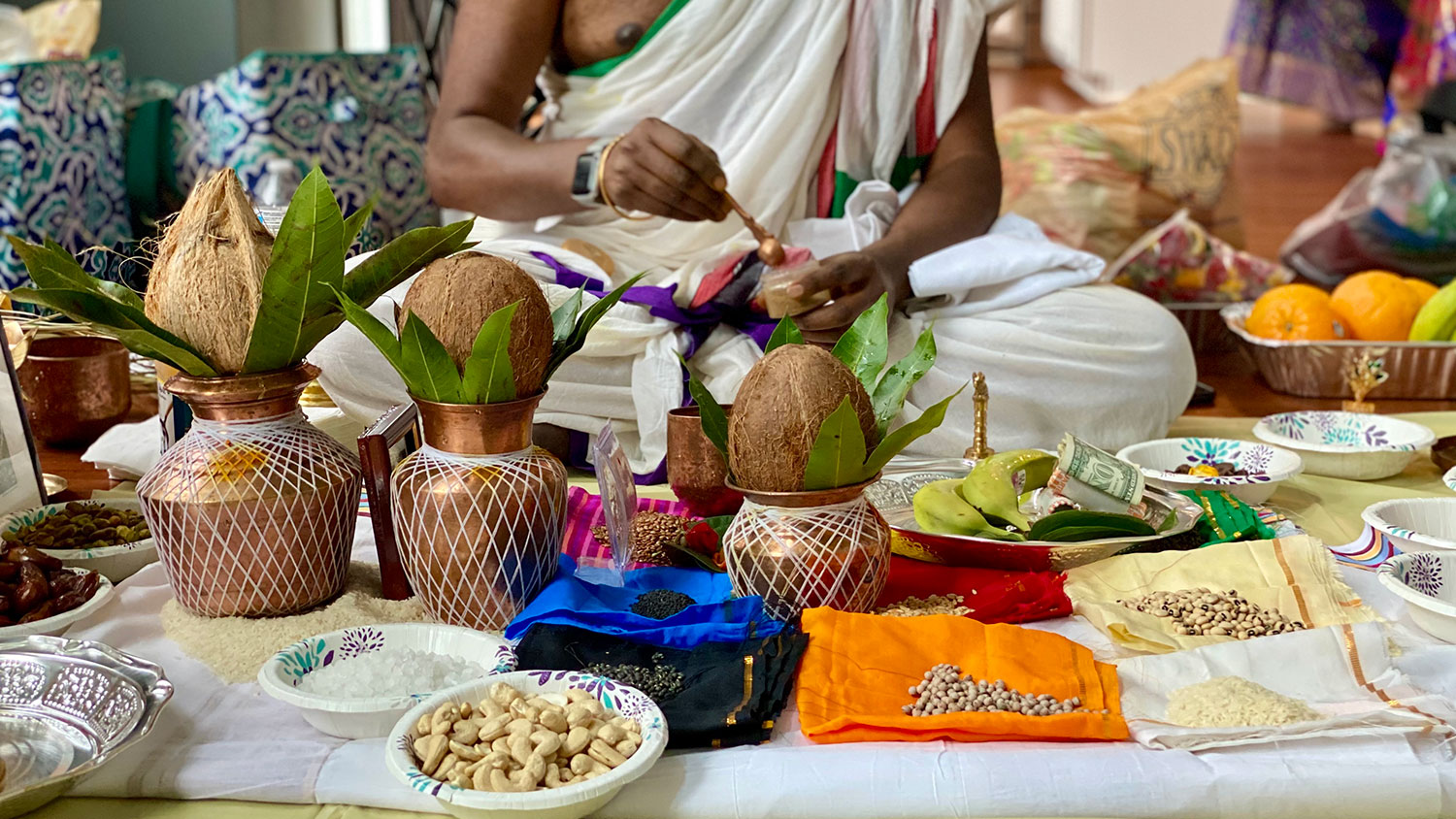
Pongal, India
This four-day festival is celebrated in mid-January and is particularly significant in the southern state of Tamil Nadu, marking the sun’s journey northward and the end of the winter solstice. Amongst its festivities include boiling the first rice of the season, creating colourful kolam (rangoli) designs, and cooking sweet rice dishes. Given that the cow is a sacred symbol of life in India, they are also adorned and honoured for their role in agriculture during Pongal.
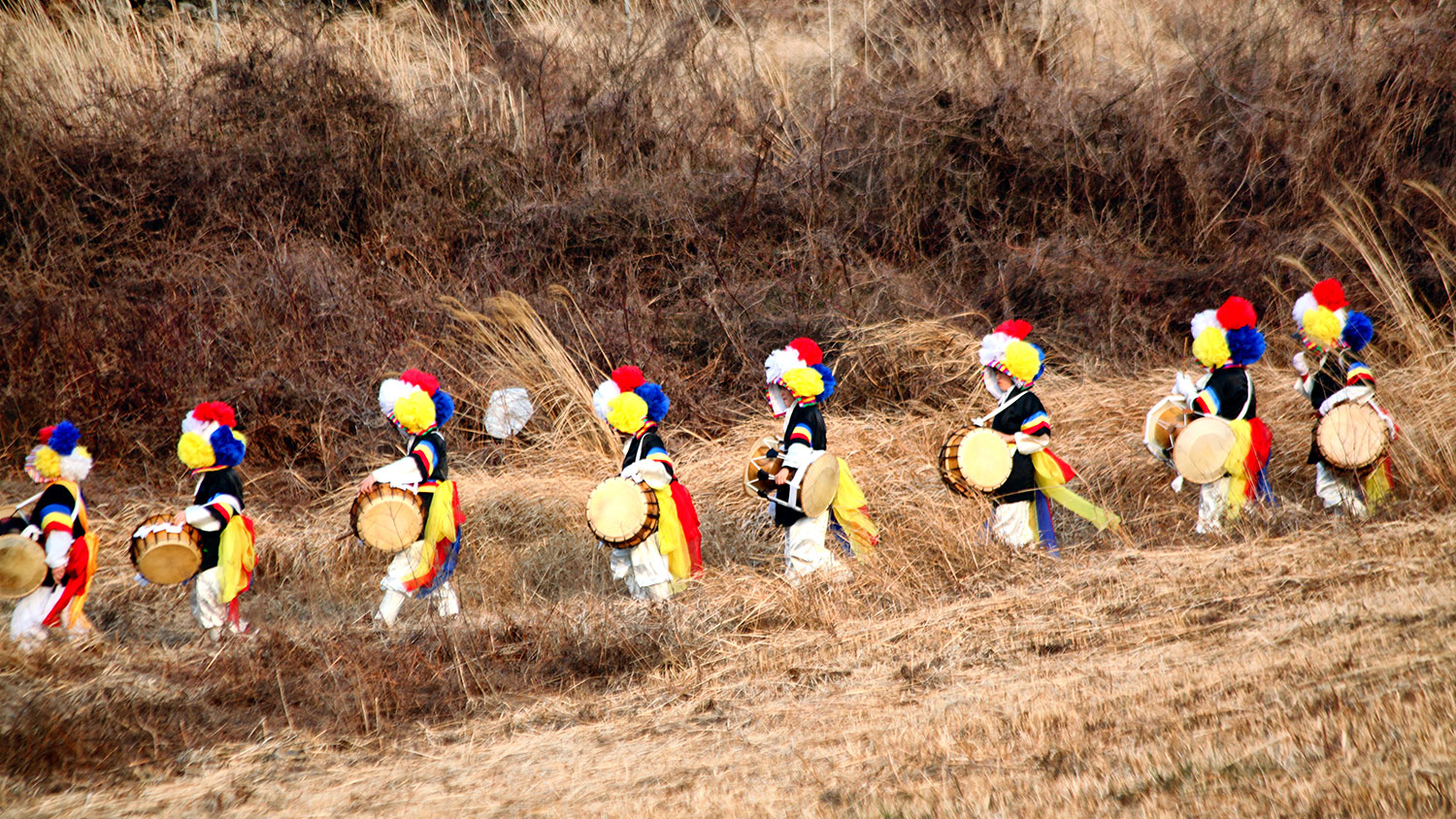
Chuseok, South Korea
Chuseok, also known as Hangawi, is celebrated on the 15th day of the 8th lunar month and signifies the beginning of the wheat harvest. Those who celebrate Chuseok customarily hold memorial services in honour of their ancestors, enjoy various entertainment like talchum (mask dance) and traditional folk games, and indulge in a variety of food including songpyeon – little rice cakes filled with sesame seeds, red beans, chestnuts, or other ingredients.
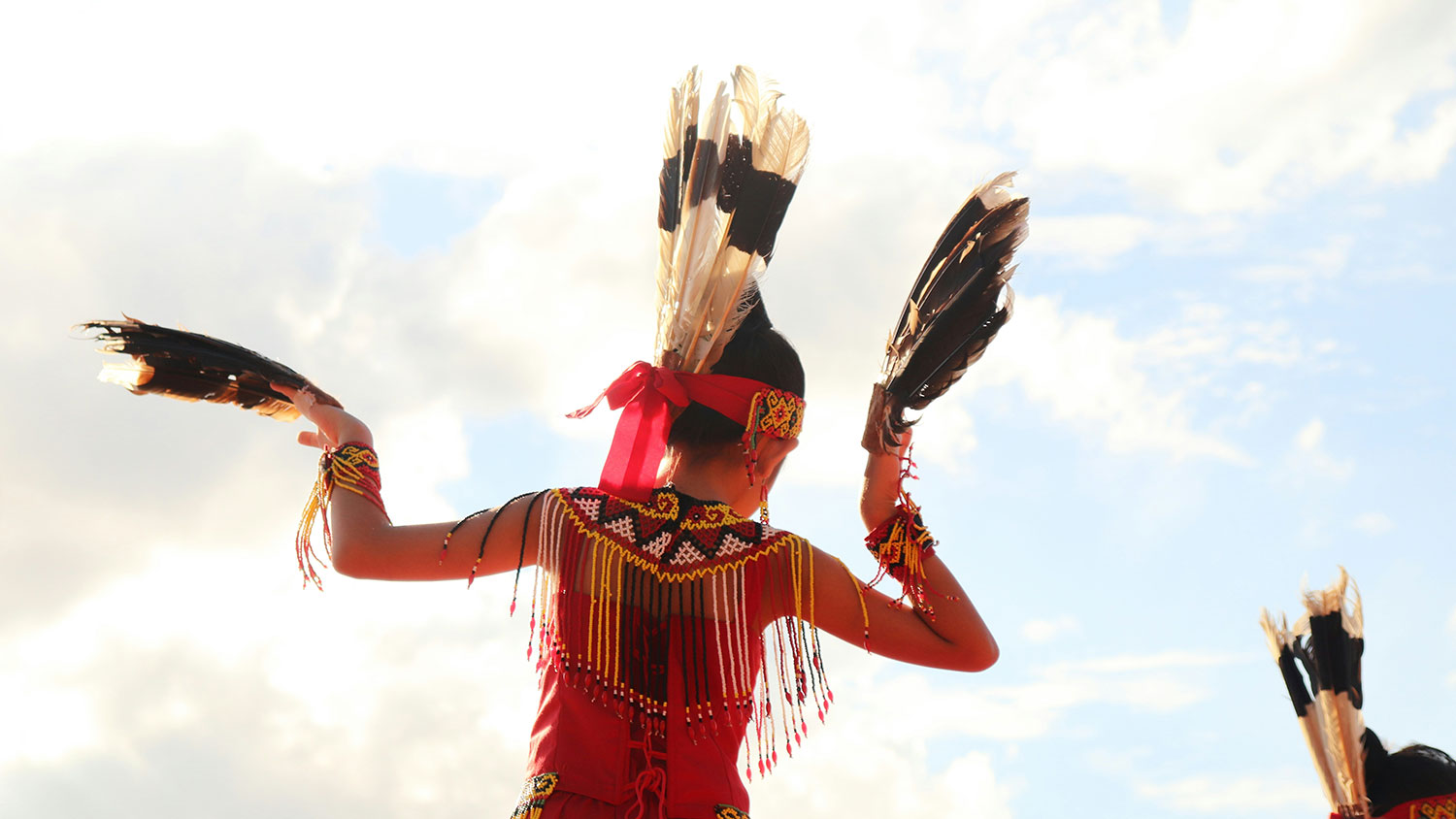
Gawai Dayak, Malaysia
Celebrated by the people of Sarawak in Malaysia on the first of June, Gawai Dayak marks the end of the rice harvesting season and the beginning of a new planting season. The festival typically starts as early as the evening on the 31st of May with a ritual known as Muai Antu Rua to cast away spirits of greed, followed by traditional music and dances such as the ngajat, and feasting on rice wine (tuak) and Manok Pansoh, a chicken dish cooked in fresh bamboo.
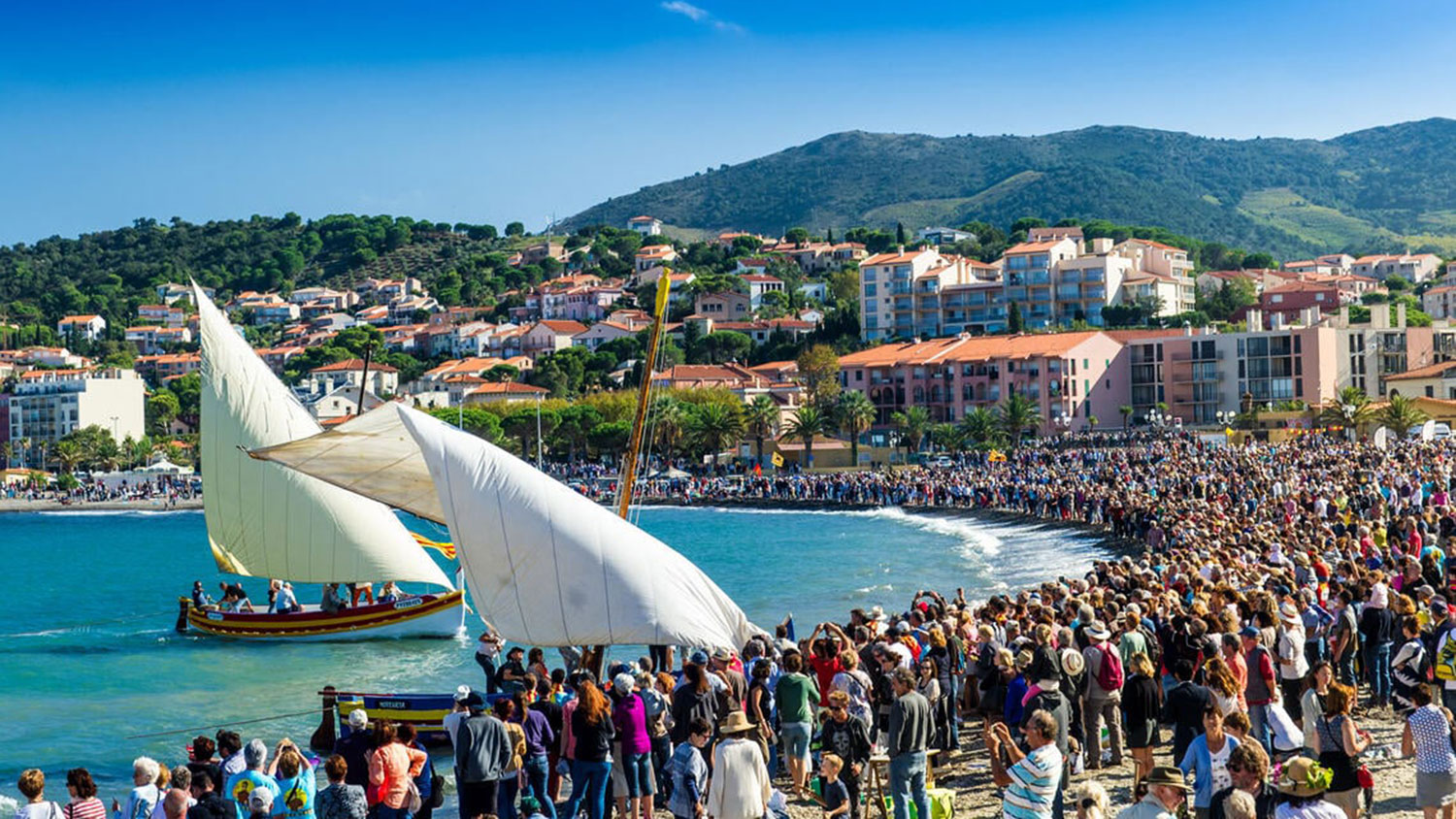
Fête des Vendanges, France
Also dubbed as the Grape Harvest Festival, Fête des Vendanges occurs in various wine-growing regions of France, particularly in Burgundy and Bordeaux, in September and October. The festival honours the grape harvest with vineyard tours, grape stomping, wine tastings, and parades surrounding wine. Also paying tribute to the rich cultural heritage of French winemaking, villages usually come alive with music, dancing, and sumptuous feasts.
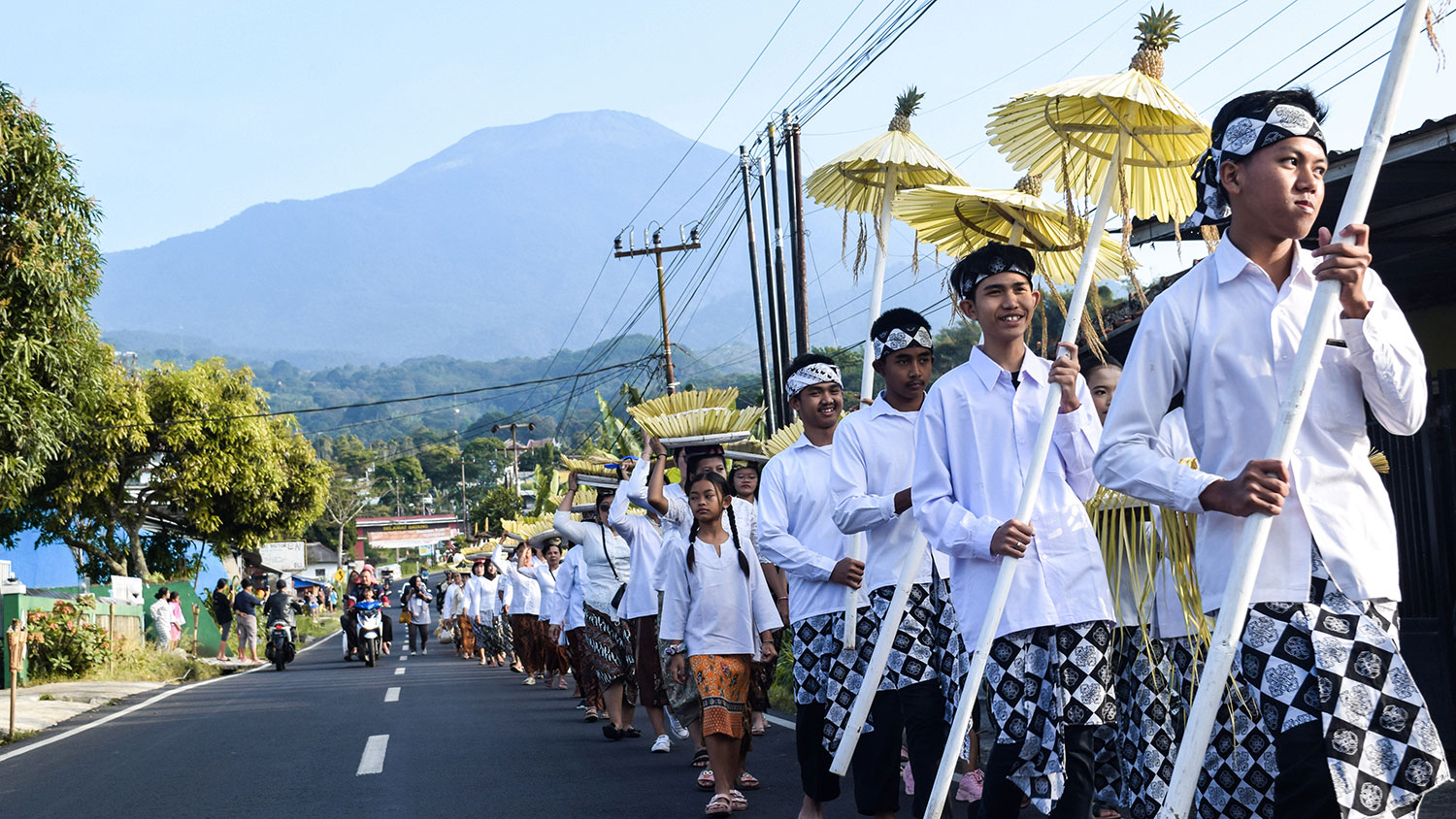
Rice Harvest Festival, Indonesia
The Rice Harvest Festival is also known as Seren Taun, celebrated by the Sundanese people of West Java to symbolise the end of the rice growing season and the commencement of a new agricultural cycle. The festival involves offering the first rice of the season to Dewi Sri, the rice goddess, as well as traditional music, dances, and communal feasts. One highlight is the ritual of cutting and carrying rice stalks to a communal granary, representing unity and gratitude.
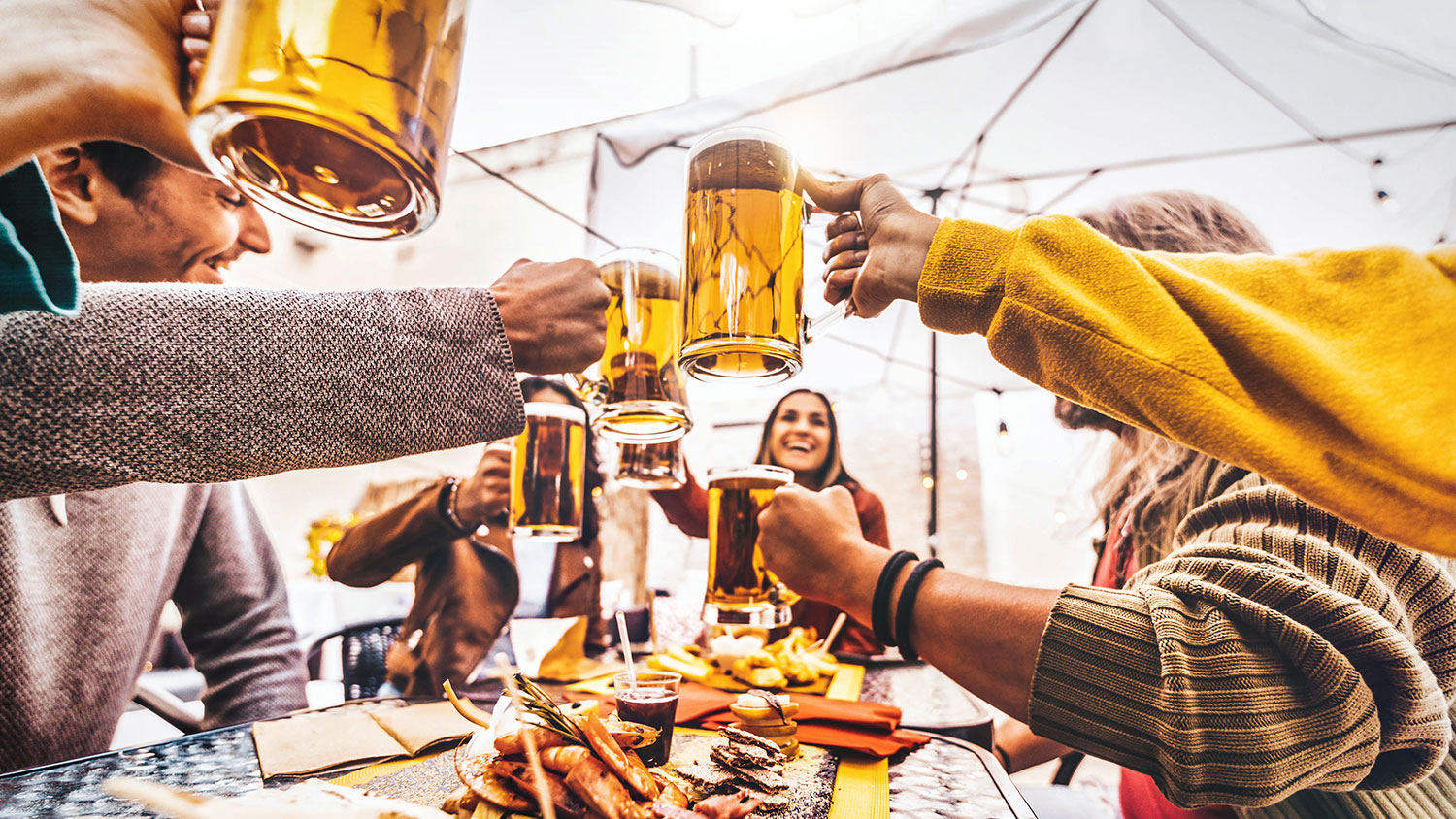
Oktoberfest, Germany
Held in Munich over a two-week period and ending on the first Sunday in October, Oktoberfest is the world’s largest Volksfest (folk festival), combining a massive beer festival and travelling funfair. The festival dates back to as early as 1810. It pays homage to Bavarian culture with foods like pretzels, sausages, and roasted meats, with revellers donning the lederhosen and dirndls, which are probably some of the most prominent country-specific outfits in the world.
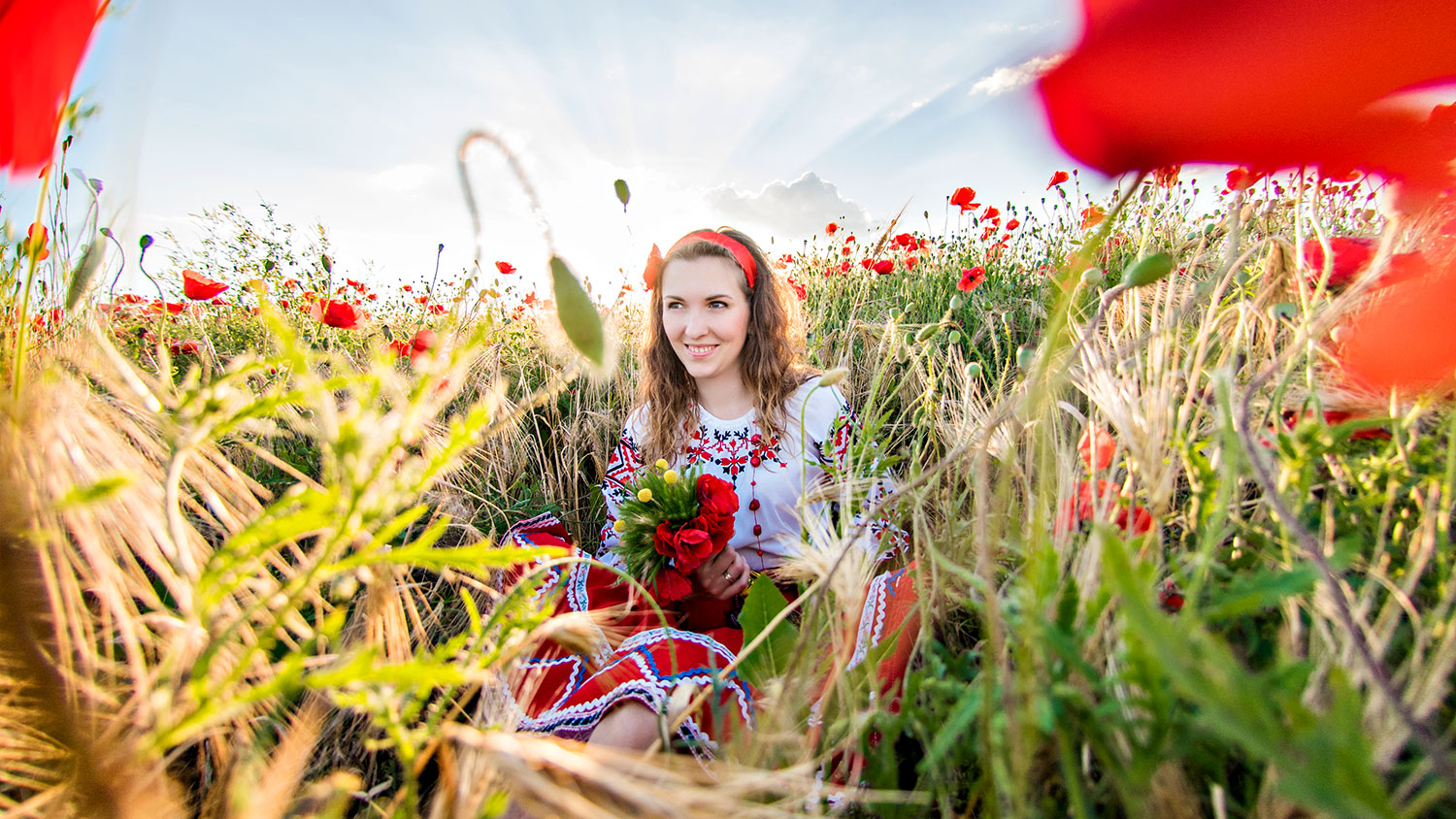
Lammas, United Kingdom
This Christian holiday, which is also recognised as Loaf Mass Day, is celebrated on August 1st to denote the beginning of the wheat harvest. Commonly, the first loaf of bread made from the new crop is brought to church as an offering. Even though the festival isn’t as widely observed today, several communities still hold fairs, bake special bread, and enjoy folk music and dancing as a toast to the harvest.


